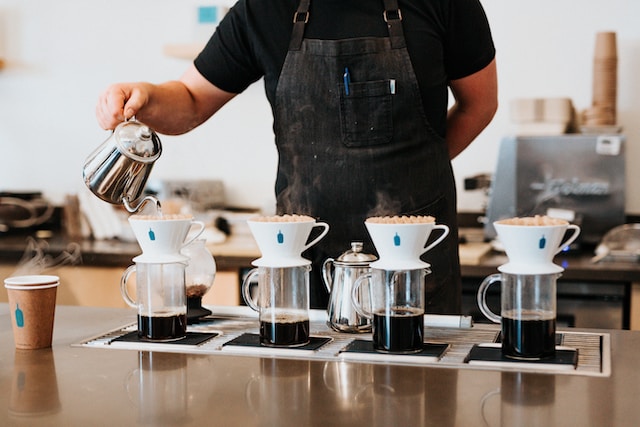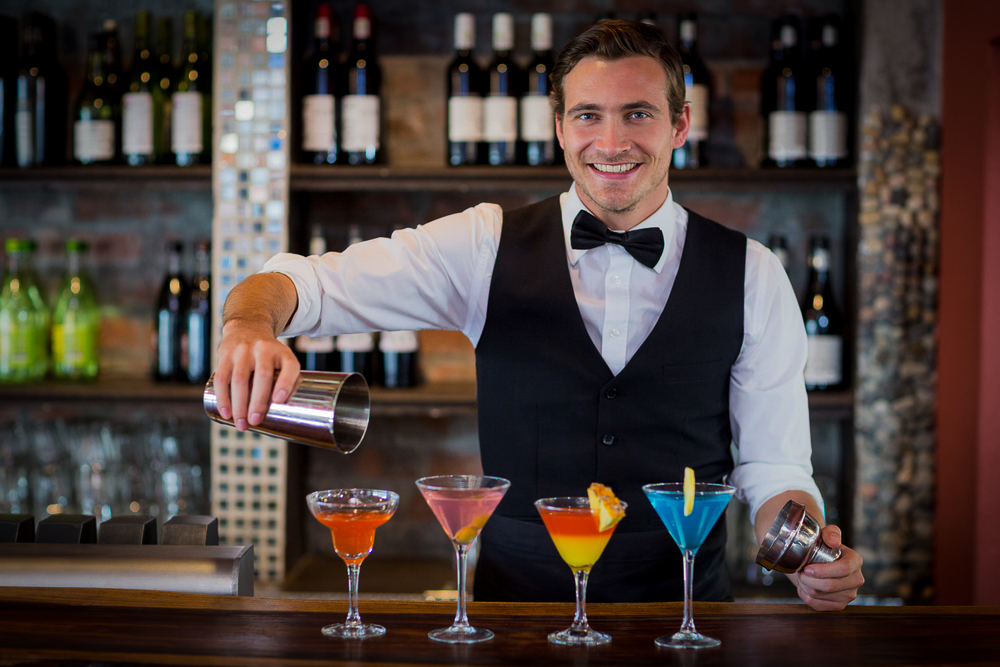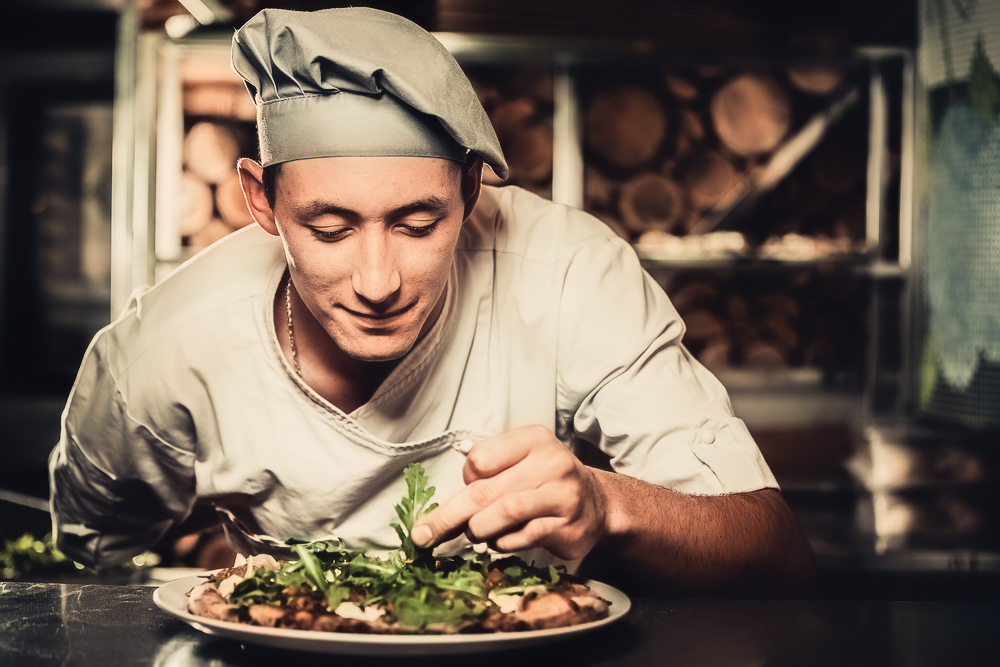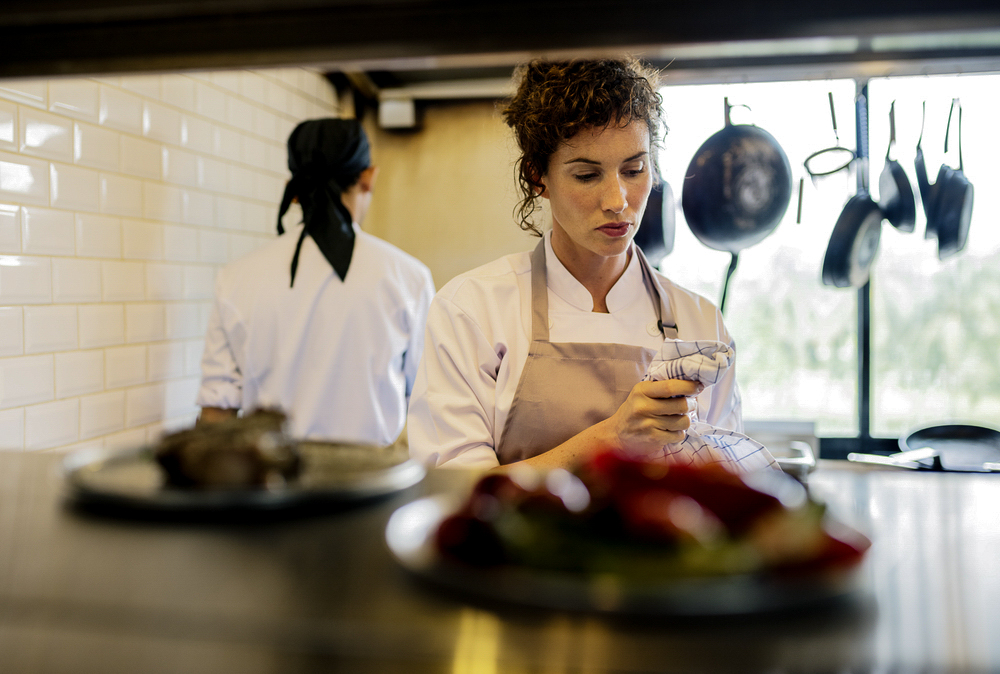
Becoming a great barista isn't just about mastering latte art or getting that espresso shot perfect. It's also about discerning the subtle—and sometimes not so subtle—flavours and aromas in coffee. For those of you new to the game or even thinking of diving into the coffee world, understanding these differences can improve your coffee appreciation immensely. Let's look at how you can train your palate to pick up on those intricate notes.
Start with Fresh Coffee Beans
Using freshly roasted beans is vital. As coffee beans age, they lose some of their distinct flavours. Therefore, for the best experience, make sure you're sourcing beans that have been roasted within the last month and only grind them just before brewing. This provides a consistent foundation from which to work.
Know Your Basics
Before you go chasing the intricate notes of blueberry or toasted almond, understand the basic tastes: sweet, sour, salty, bitter, and umami. Knowing how these fundamental tastes register on your palate will help you categorise and refine the more complex flavours you encounter.
Engage Your Senses
Tasting isn't just about your tongue. Your nose plays an essential role too. Before taking a sip, inhale deeply from your cup. Try to pinpoint any familiar aromas. Remember, much of our perceived flavour is actually aroma.
Slurp, Don’t Sip
As with wine tasting, slurping introduces the coffee to your entire palate and aerates it, which can intensify flavour detection. Professionals use this technique in coffee cupping sessions all the time. You might want to practice this in private before trying it at your favourite café.
Keep a Flavour Journal
When trying different coffees, make notes about what you taste and smell. This tool serves both for reflection and for training your palate. The purpose is to look for patterns that aren't immediately obvious, making it easier to identify specific flavours and aromas.
Experiment with Different Brew Methods
Different brewing methods can highlight various aspects of a coffee's flavour profile. By experimenting with techniques such as French press, AeroPress, and pour-over, you can get a more comprehensive understanding of a particular bean's depth and range.
Taste More than Coffee
If you've never eaten a blackcurrant before, you won't recognise its flavour in your coffee. So, you need to taste a broader range of foods and drinks, allowing you to become familiar with different flavour profiles.
Join Tasting Sessions or Workshops
Look for local roasters or coffee shops that offer tasting sessions, workshops, or cupping events. These can be invaluable for learning and refining your palate alongside other enthusiasts. Participating in tasting and cupping sessions allows you to benefit from collective wisdom. One person might pick up a note that others have missed, helping everyone to gain a deeper understanding.
Practice Makes Perfect
Like any skill, developing your palate takes time. The more coffees you taste, and the more conscious you are in your tasting efforts, the better you'll become. It's worth remembering that our palates are constantly evolving. Regularly tasting and retasting helps you adapt and refine your senses, keeping them sharp and ready.
Ask for Feedback
Chat with other coffee enthusiasts or seasoned baristas. Their insights might introduce you to flavours or aromas you hadn't noticed. By sharing your tasting experiences and listening to others, you create a feedback loop that strengthens your learning. Sometimes, a different perspective can unlock a flavour or aroma that was right under your nose!
Cultivating a discerning palate deepens your appreciation of coffee. Remember, it's about more than identifying flavours; it's also about savouring the diverse richness of beans from various regions. Becoming a barista starts with training, but becoming a great barista depends on so much more.




